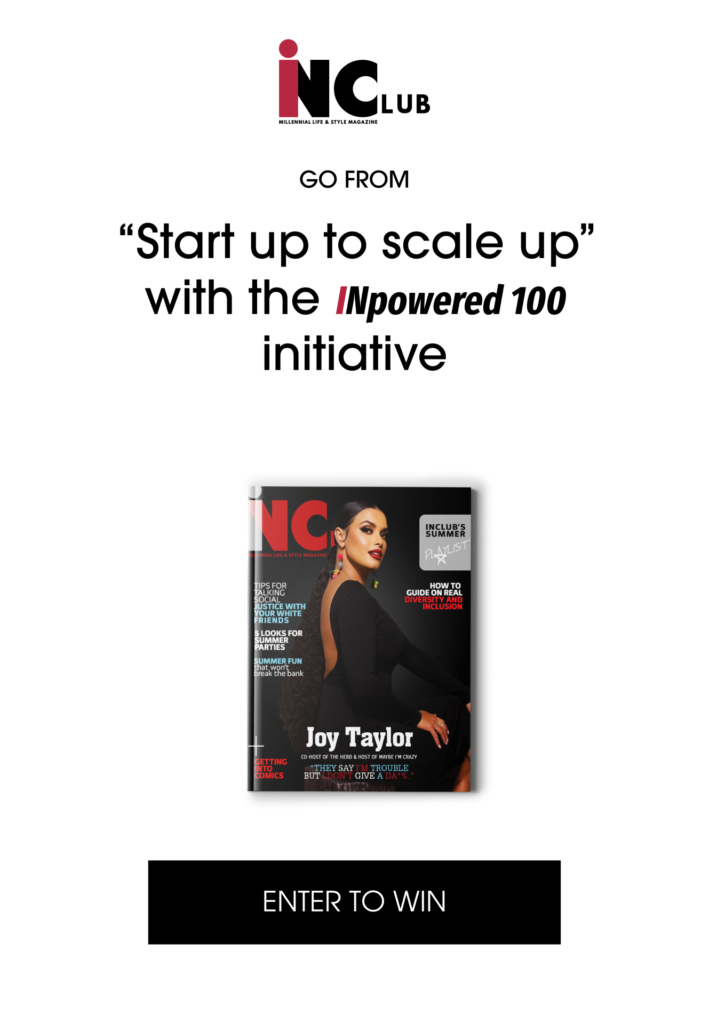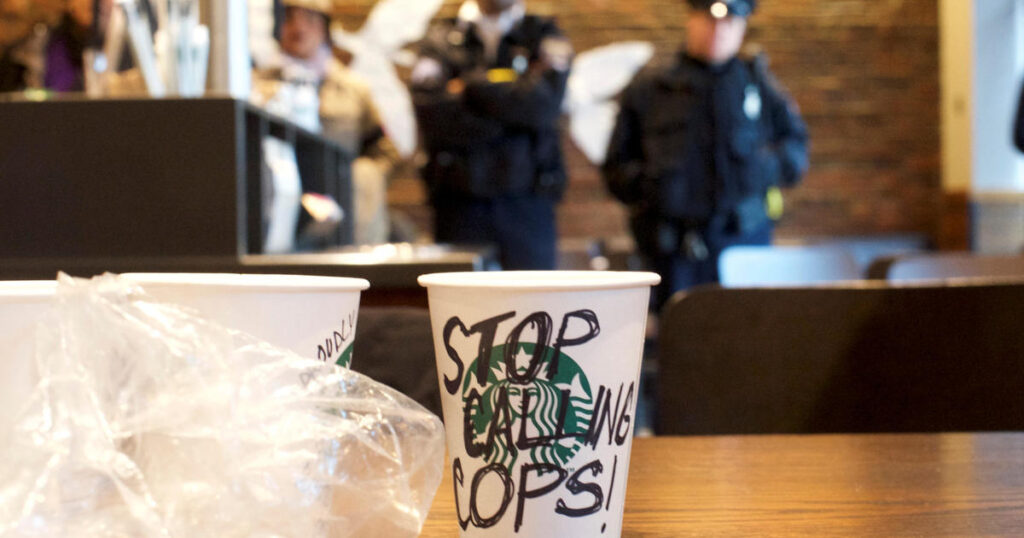Culture, Features, Social Justice
Racial Profiling Synonymous with Black Shopping Experience
Americans are huge consumers and gain pleasure from the entertainment, retail and restaurant industries. African Americans are typically the biggest customer group. African Americans also have great buying power. However, Black shoppers are racially profiled more than any other race. In fact, racial profiling is synonymous with the Black shopping experience.
What is Racial Profiling? :
Racial profiling is “thinking that people of a particular race or color will behave in a particular way, especially in a criminal way.” Racial profiling stems from racism. Unfortunately, racism is so normal in America that Black shoppers expect it during their shopping experience. Black shoppers are followed or closely monitored in stores on a regular basis. Other offensive behaviors include being looked down upon, being ignored and accused of theft.
An Old Problem:
On March 16th, 1991, 15 year old Latasha Harlins was fatally shot in the head by Soon Ja Du.
Reports state that Harlins put orange juice in her bag while walking to the counter to pay for it. However, the store owner shot her because she thought that Harlins was going to steal. There are also reports that the young girl did have money for the orange juice.
Even if the store owner was correct in her assumptions, theft doesn’t warrant a gun shot to the head. The store keeper faced no jail time for the murder despite a guilty verdict. This is one of many examples of racial profiling that is commonplace in America.
The Facts:
Many people think racial profiling only happens during traffic stops or with regards to law enforcement. However, the retail industry perpetrates a large number of these types of cases. There is also a false belief that racism no longer exists. Racial profiling happens because it stems from racism.
The Receipts:
The evolution of technology helps to document such occurrences. Companies called out for racial profiling include Urban Outfitters, Lexus, Starbucks, Bloomingdales, and Walmart. Reports by CNBC in 2018 shares 59% of Black Americans said that they were treated less fairly than Whites. Currently, mobile devices and social media make it possible for victims of unfair treatment to record and share their experiences.
New Year, Same Antics:
A video shared by model Megan Milan shows a recent racial profiling experience. She was followed in a hair store in Los Angelos, California. The cashier also proceeded to dig her hand into Ms. Milan’s pockets without a legitimate reason to do so. The worker didn’t apologize to Ms. Milan and was unashamed of her actions. Unfortunately, people guilty of racially profiling don’t face any repercussions to their actions.
Demanding Change:
Companies such as Starbucks and Target have taken to training courses and investing into the Black community. Many companies have announced their solidarity with the Black community after protests surrounding the murder of George Floyd in 2020. However, there is still more to do. A bill that protects Black shoppers from harassment would be a start.
Where Cancel Culture Works Best:
Currently, Americans leave reviews, comment and share on social media platforms to inform the general public. Shoppers share their retail experiences on public platforms. Bad reviews gives companies negative publicity and forces them to take accountability for their actions.
Expose Racial Profiling:
Have you experienced racial profiling while shopping? Don’t be afraid to share your stories on your platform to raise awareness.



